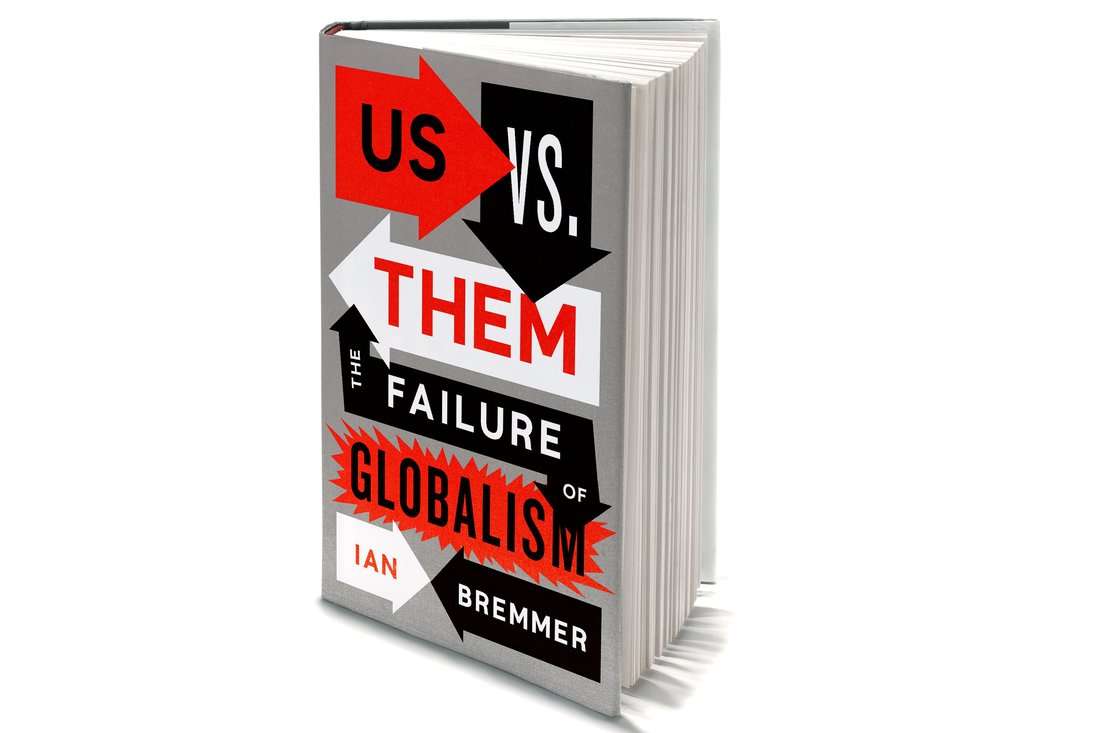
|
不论在哪个国家,工人都害怕丢掉工作和工资,老百姓担心“非我族类,其心必异”,怕他们的国家变成了“各种颜色的皮肤,各种颜色的头发”,他们还担心暴恐分子会莫名其妙地杀人,担心他们的政府不能或不愿保护他们。 这不,他们的呼声被人听到了。特朗普对狂喜的民众表示,他会带着国民回到那个美好的“应许之地”。一手导演了脱欧大戏的英国政客们也告诉选民,英国人必须拿回自己疆界的控制权,不再跟随欧洲人制定的游戏规则起舞。意大利、波兰和瑞典的民粹分子也承诺要保护爱国者免受“外面的人”的侵害。 这些领袖,或者这些致力成为领袖的人,都拥有一种划分疆界的天赋。政治家们特别擅于搞对立,爱把世界划分成“我们”和“他们”。他们知道,人员资金史无前例跨国流动着的当今社会,早已让很多人感到了深深的焦虑和不安。 目前,民粹主义最有市场的地方仍是欧美国家,但更大的危机或许正在来临。造成发达国家思潮动荡的根源,如科技变革对劳动力市场的冲击以及贫富差距加大等因素,已经蔓延到了广大发展中国家,而这些发展中国家的政府和制度尚未做好相应的准备,因而他们在这波冲击面前显得尤为脆弱。这些发展中国家的贫富差距一般更大,而制度和社会安全网络尚未建设完善。另外,他们也尚未做好应对自动化等技术创新的准备,面对旧职业的消亡和新职业的需求,政府能给予人民的帮助自然更少。 那么,各国政府应如何面对这一困局?有些国家选择了“高筑墙”,将政府与人民、人民与人民隔绝起来,它们中既有真实的墙,也有虚拟的墙。但那些希望建立开放社会的政府则会顺应时代发展,建立新的社会契约关系,重新定义如何做一个合格的全球公民。 |
Workers everywhere fear lost jobs and wages. Citizens fear surging waves of strangers who change the face and voice of the country they know. They also fear terrorists and criminals who kill for reasons no one can understand. They fear that the government cannot or will not protect them. Then, the call for help is answered. Donald Trump tells an excited crowd that he will take them (back) to the promised land. Champions of Brexit tell voters they must reclaim control of Britain’s borders and reject laws and rules forced on them by Europeans. Populists in Italy, Germany, Poland, and Sweden promise to protect patriots from outsiders. These leaders, and wannabe leaders, have a gift for drawing boundaries. They offer a compelling vision of separation, of a world that’s “us vs. them.” And they know that unprecedented cross-border flows of people and money have stoked anxiety to match. But while the pathos has been concentrated in the U.S. and Europe so far, there’s a larger crisis coming. The storms creating turmoil in wealthy countries—including technological change in the workplace and rising income inequality—are now crossing into the developing world, where governments and institutions aren’t ready. These countries are especially vulnerable. They face an even bigger gap between rich and poor, and their institutions and social safety nets aren’t as strong. They’re less prepared for innovations like automation that will make it harder for governments to help people prepare for the loss of familiar jobs and the demands of future ones. How will governments respond? Some will build walls—actual and virtual—that separate people from one another and government from citizens. But those still hoping to build open societies will also adapt, remaking existing social contracts and redefining what it means to be a good global citizen. |

|
欧亚集团创始人伊恩·布雷默的新书《我们vs他们:全球主义的失败》即将上架发售。(财富中文网) 本文原载于2018年5月1日刊的《财富》杂志。 译者:朴成奎 |
Ian Bremmer is the founder of Eurasia Group. His new book is Us vs. Them: The Failure of Globalism. This article originally appeared in the May 1, 2018 issue of Fortune. |






